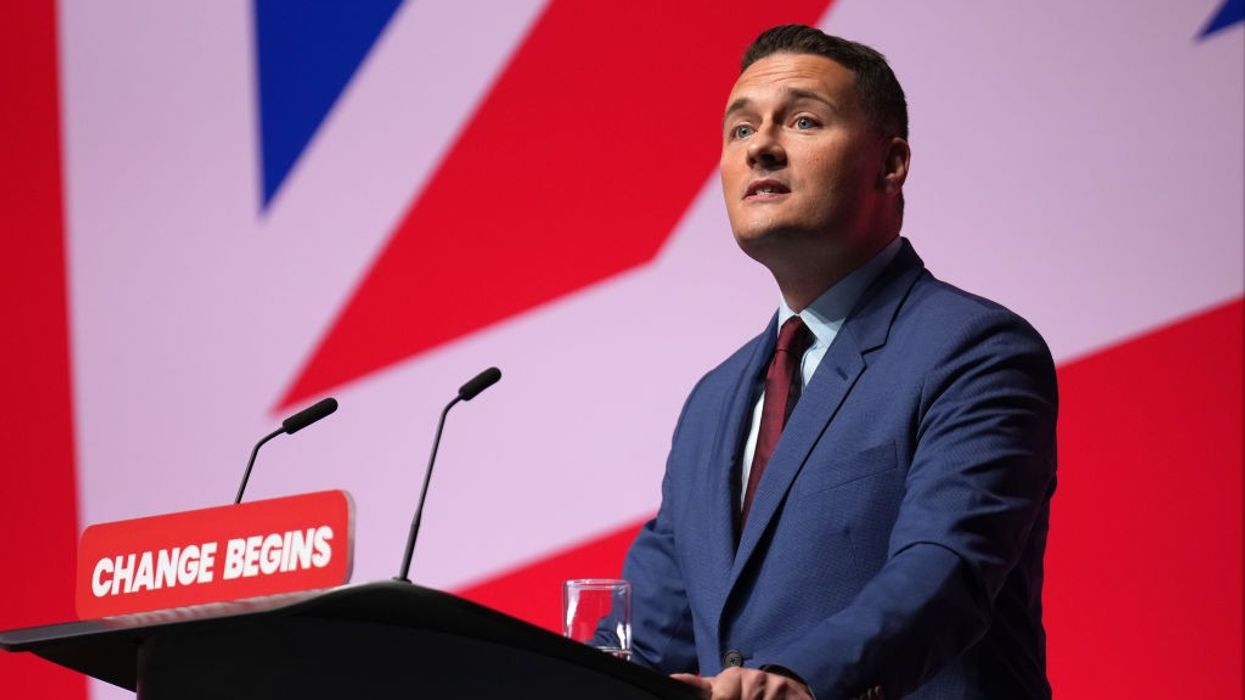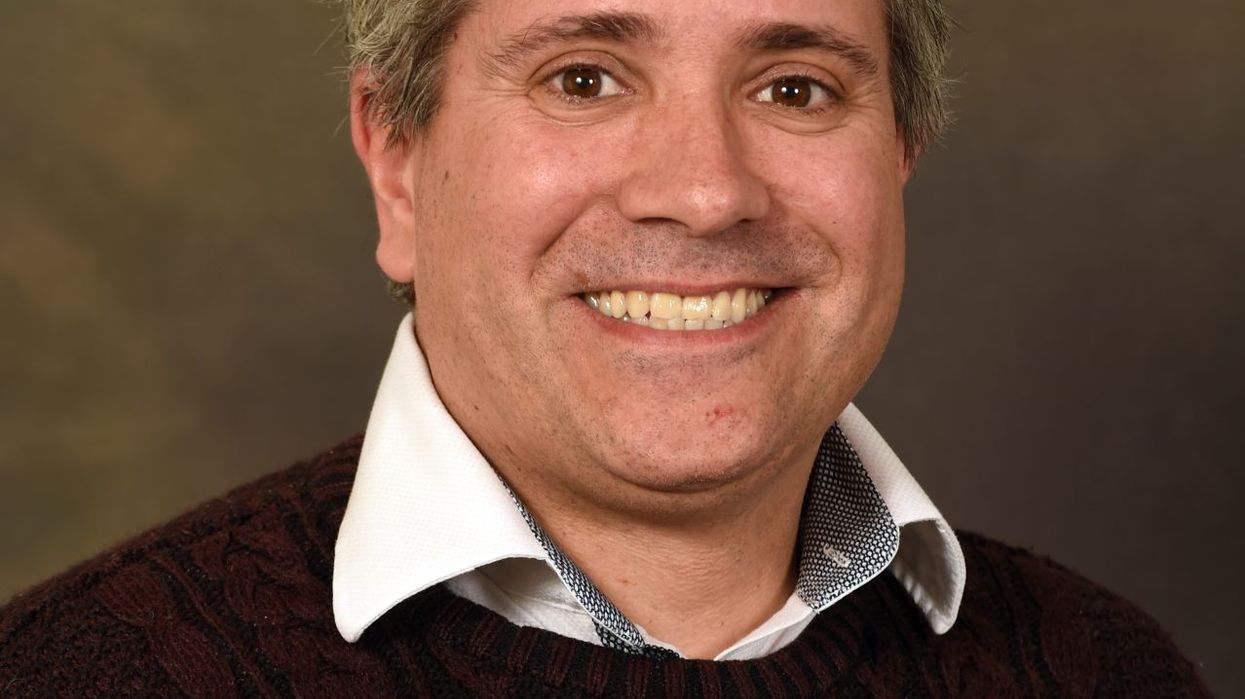A widely available and inexpensive corticosteroid has been found to reduce recovery time in Covid-19 patients, according to a large clinical study led by Oxford university.
The Platform Randomised Trial of Interventions against Covid-19 in Older People (PRINCIPLE) trial found that early treatment with inhaled budesonide shortened recovery time by a median of three days in patients with coronavirus who were at higher risk of more severe illness and were treated in the community.
The trial's joint chief investigator Professor Chris Butler said: "Medical practitioners around the world caring for people with Covid-19 in the community may wish to consider this evidence when making treatment decisions."
As the UK government’s national priority platform trials, PRINCIPLE is the world’s largest Phase 3 platform randomised controlled trial to find clear evidence of an effective Covid-19 treatment for use in the community that can significantly shorten recovery time.
Inhaled budesonide is a safe, relatively inexpensive and readily available corticosteroid commonly used around the world in inhalers to treat asthma and chronic obstructive pulmonary disease. It was added to the PRINCIPLE trial in November last year.
For the interim report, a total of 961 patients were randomly assigned to receive inhaled budesonide at home and were compared with 1,819 patients randomly assigned to the usual standard of NHS care alone.
Of these, 751 people in the budesonide group and 1,028 in the usual care group were SARS-CoV-2 positive and included in the primary interim analysis.
Based on the interim analysis using the latest data from March 25, 2021, the results showed the estimated median time to self-reported recovery for inhaled budesonide was 3.011 days shorter compared to usual care.
Patients with COVID-19 symptoms that started within 14 days and who are at higher risk of a poor outcome from the illness could join the trial and those with a positive SARS-CoV-2 result were included in the main analysis.
Patients treated with inhaled budesonide were asked to inhale 800 micrograms twice a day for 14 days and were followed-up for 28 days. All patients were aged over 50 with an underlying health condition that put them at more risk of serious Covid-19 illness, or aged over 65.
Joint chief investigator Professor Richard Hobbs said: "For the first time we have high-quality evidence of an effective treatment that can be rolled out across the community for people who are at most risk of developing more severe illness from Covid-19."
Professor Mona Bafadhel is a consultant respiratory physician who led the Phase 2 efficacy study of inhaled budesonide for early Covid-19 and led the development of the budesonide study arm for PRINCIPLE.
She said: "The news that the findings of the earlier-phase STOIC trial, which reported at the beginning of the year, have been replicated at scale here in the PRINCIPLE trial is outstanding. We are now sure that we have a treatment that will benefit patients with early COVID-19 worldwide Inhaled budesonide is readily available worldwide and commonly used to treat asthma and chronic obstructive pulmonary disease."
Professor Fiona Watt, executive chair of the Medical Research Council, which co-funded the study, said: "Researchers involved in the PRINCIPLE trial have overcome considerable logistical hurdles to set up a world-leading rigorous drug trial in people’s homes. We are now rewarded with the first inexpensive and widely available drug that can shorten recovery times for Covid-19 patients in the community. People around the world will be helped to recover faster thanks to these exciting new results."
PRINCIPLE is funded by a grant to the University of Oxford from UK Research and Innovation and the Department of Health and Social Care through the National Institute for Health Research as part of the UK government’s rapid research response fund.

















